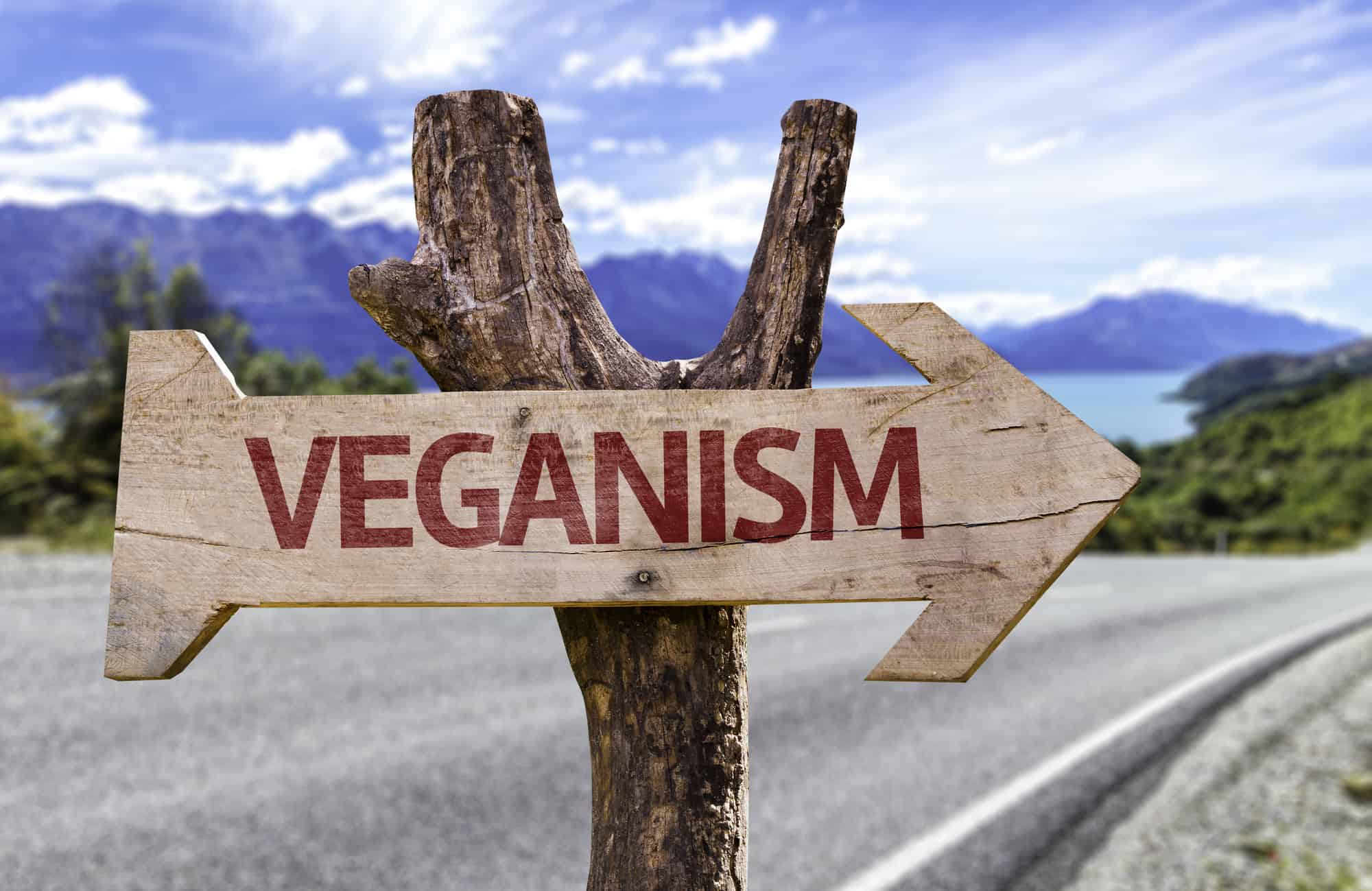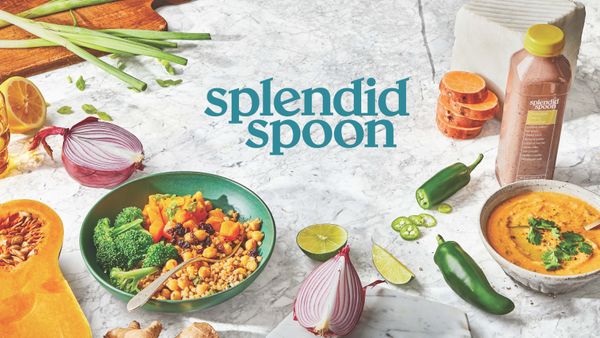There are numerous reasons why people switch to a plant-based diet, including for enhanced health, weight loss, environmental, and of course, animal cruelty. But some say the latter isn’t always true of a vegan diet. It has us asking – why is veganism bad for animals?
Going vegan, or even vegetarian may lead to more animal suffering than many realize. Sustainable agriculture can kill more sentient animals. Those that live in crops are under threat more than livestock farmed in a paddock.
We’re going to take a closer look at this in the following article, to see just how veganism can be bad for animals.
Consequences of veganism for animals
Many people find it hard to believe that a vegan diet kills more animals than a non-vegan diet. This is because many people put more importance on mammals and assume not killing them is more ethical.
The large number of animals killed to keep a vegan diet nutritious may be shocking for some. To plant crops, farmers must clear the soi. Soil tiling kills all life within its path, including all animals.
Farmers spray their fields with pesticides which kill more insects. Not only do they destroy all insects, but many of these pesticides are hazardous to human life.
Some studies have shown that 25 times more animals die in the production of wheat protein than beef.
It could be argued that many vegans know that animals may die to fuel their lifestyle, but the extent is revealing. A mouse might die so a farmer can make spinach or avocados, which some may argue is no different than a farmer breeding cow to produce a steak.
The number of animals that die to fuel a vegan lifestyle is in its billions, yet carnivores can live off the equivalent of a maximum of two cows a year.
What about bees?
Vegans avoid all animal-produced products including honey, but many people do not know about their impact on the bee population.
Although unintended, veganism does have a negative impact from the switch from dairy-based milk to alternatives such as oat and almond milk.
Now a multi-billion dollar industry, milk alternatives require farming to produce the oats and almonds used to create milk. Such high consumption requires bees to pollinate almond flowers and many farmers rent bees to do so.
This method is also harming bee numbers – with billions of them dying every year.
The treatment of dairy cows is a matter of ethics on its own, and there are ways it can be improved as a whole. However, one cow can produce milk without being killed, but almond production kills billions of bees.
Although unintentional from a vegan perspective, both diets result in the death of animals.
Animals killed in plant production
Essentially, no one can produce large numbers of crops without killing animals during the process. But milk alternatives are not the only product to blame.
Avocados – a vegan breakfast favorite also requires bees to produce. Bees are needed to move pollen and nectar in large quantities from the same crop. This means they are not getting a diverse diet from a natural habitat.
They are given sugar syrup by beekeepers to make up for the nutrition deficit, but these are not the same as what they would find in the wild.
Matthew Evans writes in his book On Eating Meat that approximately 40,000 ducks are killed so rice production in Australia is protected, and in the same country, a billion mice are poisoned to protect wheat. These deaths are not compassionate, pesticide is a cruel fate.
These may not have the emotional pull of a cow or sheep, but insects, bees, and mice are not the only creatures killed when producing crops. There are snakes, and lizards to name a couple. Their decrease in numbers has a knock-on effect for other animals including birds and other predators.
What about cows?
Cows on dairy farms and other feedlot environments deserve a lot better, that is unquestionable. The purpose of this article is to shed light on the wider picture, as no animals should have to suffer in the name of food production.
That being said, grass-fed cows raised in pasture offer a sustainable form of agriculture. Numerous ethical farmers are offering an alternative, although the price of their meat is more expensive.
Still, this is the same environment that cows are supposed to live in.
It should also be said that factory-farmed animals still need to eat. And consume many times their weight before they are slaughtered. This requires more farmland and a repeat of the processes that see insects and rodents killed so the meat industry should also be questioned in this respect.
How many animals die for food though?
Over 9.5 billion animals are killed for food in the US every year. To add marine animals to this, the number surpasses 55 billion. The numbers are high, and there is no getting away from the fact that.
However, the higher demand for vegetables and crops sees more animals killed per kilogram. In Australia, producing wheat and other grains has the following effect:
It results in 25 x more animals being killed per kg, increased environmental damage, and more animal cruelty that farming red meat.
Australia’s mouse plague problem comes around every four years. With 500-100 mice in every hectare, poisoning them “solves” this problem, killing at least 80% of the mice in the name of crop production.
One study showed how Australian crops are damaged by a variety of rodents. The mouse plague has cost the grain industry around $65m and rat damage to sugarcane crops in Queensland crops can cause up to $9m of damage annually. The above-mentioned poisoning would not happen if the demand for said crops was not so high.
These numbers have since been disputed, but provide a strong indication that veganism isn’t always so ethical in some ways.
Is veganism cruelty-free?
There are some ways that veganism is better. Organic farming, for example, puts less of a strain on the environment, and without the same level of pesticides, there are significantly fewer animal deaths, However, cruelty-free labels are not always innocent.
Take the issue of forced labor, hazardous working conditions, and a low wage and there are other issues, even in eco-friendly industries.
Agriculture is the industry where 70% of child labor takes place. The numbers are increasing in line with the number of people that opt for a plant-based or vegetarian diet, and of course, as the population increases and demand for more food follows.
Final thoughts
So veganism is bad for animals in some ways, and the ethical reasoning behind a plant-based lifestyle is not perfect.
However, the meat industry has many questions of its own to answer in this respect. The act of trying to avoid animal suffering is admirable, but there are certainly ways it can be improved. Hopefully the above sheds some light on the agricultural industry as a whole, as we try to better understand the way our food is produced.



